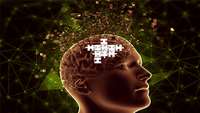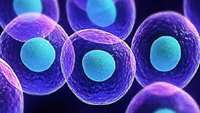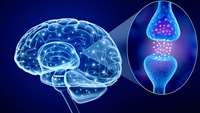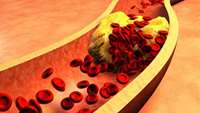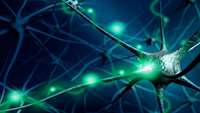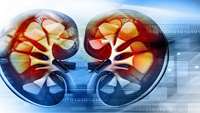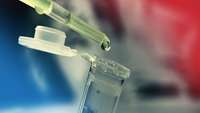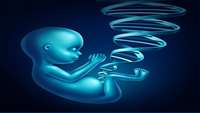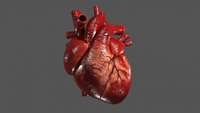Microfluidic system incorporates neuroinflammation into Alzheimers in a dish model
Building on their development of the first culture system to replicate fully the pathology behind Alzheimers disease, a Massachusetts General Hospital (MGH) research team has now produced a system that includes neuroinflammation, the key biological response that leads to the death of brain cells
Humans have 10 Times more blood-making Stem Cells than Previously Thought
Adult humans have many more blood-creating stem cells in their bone marrow than previously thought, ranging between 50,000 and 200,000 stem cells. Researchers from the Wellcome Sanger Institute and Wellcome – MRC Cambridge Stem Cell Institute developed a new approach for studying stem cells, based on methods used in ecology.
Artificial placenta created in the laboratory
In order to better understand important biological membranes, it is necessary to explore new methods. Researchers at Vienna University of Technology (Vienna) have succeeded in creating an artificial placental barrier on a chip, using a high-resolution 3-D printing process.
Japan human trial tests iPS cell treatment for Parkinsons
Japanese researchers on Monday announced the first human trial using a kind of stem cell to treat Parkinsons disease, building on earlier animal trials.
Genome editing reduces cholesterol in large animal model, laying human trial groundwork
Using genome editing to inactivate a protein called PCSK9 effectively reduces cholesterol levels in rhesus macaques, a species of monkey, according to researchers from the Perelman School of Medicine at the University of Pennsylvania.
Reprogrammed Stem Cell-Derived Neurons Survive Long-Term in Pigs with Spinal Cord Injuries
A major hurdle to using neural stem cells derived from genetically different donors to replace damaged or destroyed tissues, such as in a spinal cord injury, has been the persistent rejection of the introduced material (cells), necessitating the use of complex drugs and techniques to suppress the host’s immune response.
Gene therapy method developed to target damaged kidney cells
The potentially fatal condition affects 30 million Americans, most of whom dont realize they have chronic kidney disease. No cure exists, and current treatments for end-stage disease mostly are limited to dialysis and kidney transplant.
FDA allows KU Medical Center to begin clinical trial of novel cellular therapy for HR/SR aGvHD
The University of Kansas Medical Center announced that the U.S. Food and Drug Administration (FDA) has cleared it to begin a first-in-human clinical trial of MSCTC-0010 in patients with de novo high-risk acute or steroid-refractory acute graft-versus-host disease (HR/SR aGvHD).
Chinese scientists snip mutant DNA to fix human embryo gene
Chinese researchers have used a gene-editing technique to repair a defect in a human embryo, moving biomedicine one step closer to a cure for inheritable diseases caused by genetic mutations, scientists said.
A 3D model of a human heart ventricle
Harvard University researchers have bioengineered a three-dimensional model of a human left heart ventricle that could be used to study diseases, test drugs and develop patient-specific treatments for heart conditions such as arrhythmia.


